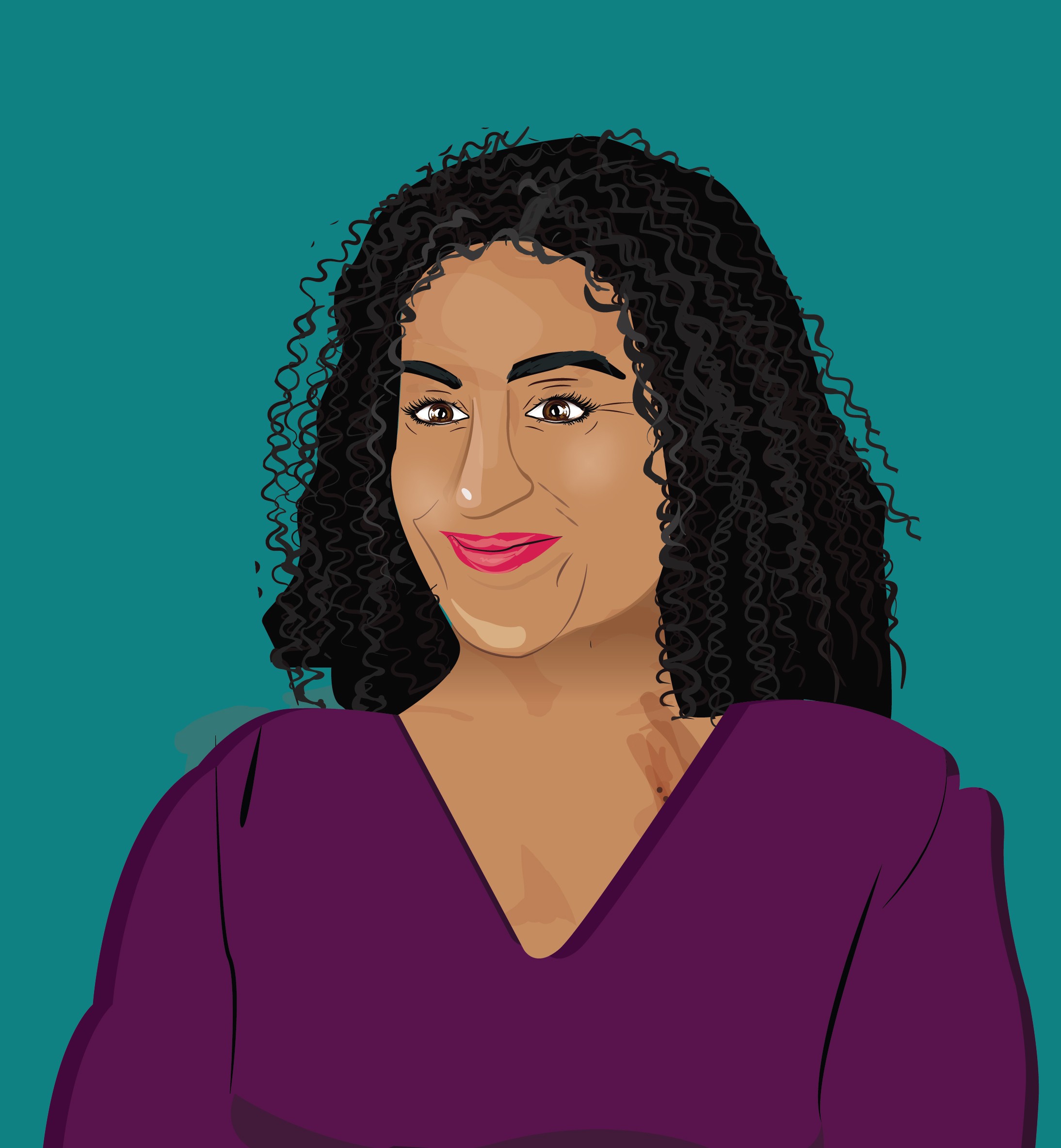Dear Maasi is a column about everything you wanted to know about sex and relationships but were afraid to ask! It’s a partnership between Sahiyo and WeSpeakOut, and is for all of us who have questions about khatna (female genital mutilation/cutting or FGM/C) and how it impacts our bodies, minds, sexualities and relationships. We welcome you to submit your anonymous questions.
Dear Maasi,
I am a transgender man who underwent female genital cutting against my will as a child. What happened to me as a child continues to affect my life and sometimes my romantic, sexual relationships. I chose to transition as an adult and while I’m out about that, I do find it awkward to talk about being an FGC survivor because I don’t relate to the “F”. Can you help me to understand the best ways to broach this topic with a partner? Also, many of the spaces for those who underwent FGC seem to be reserved for cisgender women.
--Adam
Dear Adam,
Your question reminded me of a recent article by Dena Igusti who wrote, “From language to resources, all aspects of FGM, the before, during, and after, assume an FGM survivor (often a child) has and always will be a cis-woman. They also constantly associate FGM with just womanhood.”
The underlying assumption of most FGM/C organizations—that every survivor is a cisgender woman—is oppressive and needs to change. It’s estimated that there are 1.4 million transgender people and 1.2 million non-binary people living in the US, according to studies by the Williams Institute. Some of them are FGM/C survivors, who, like you, will likely feel alienated and unwelcome at these organization, including the ones with whom I volunteer.
These FGM/C organizations should invest in training around gender diversity and shift policies and language to be more inclusive. Perhaps we even need to consider abandoning the “F” in FGM/C while not losing some of the gender-based violence analysis that is critical to understanding this form of genital cutting.
But let’s get back to your question about how to best broach this topic with a partner. Here are some thoughts:-It can feel fraught to disclose FGM/C. In this column, I answered general questions about whether and how to talk with a partner.
-For some trans and non-binary people, talking about pre-transition gendered experiences can leave them with a feeling of gender dysphoria. This might be what you refer to as the “awkward” feeling. If this is the case for you, Adam, be gentle with yourself. When disclosing to a partner, be as general or specific as you would like and use the words that best fit your body.
-Marginalized people can sometimes experience a kind of voyeurism from people who don’t share their experiences when they choose to open up. I know I’ve experienced this from non-FGM/C survivors, and I know my trans friends can experience this with cisgender people. So you might get a double-whammy of voyeurism as you talk about this dual experience. Be prepared for that, and consider your boundaries in advance.
-Address this experience as sexual trauma, which has psychological, physical and sexual impacts that are different for every survivor, but can include a range of things I described in this column. While there are unique features of our experiences, much of what creates healing lies in understanding some of the more common aftereffects of trauma.
-If you’d like to seek professional help, find a service that is both trans-positive and FGM/C competent. Check out the resources at Trans Lifeline and, because few mental health providers have been trained in FGM/C issues, you may have to follow the advice I offered in this column to find a service provider.
Adam, you are not alone, and I hope that FGM/C organizations begin the process of trans-inclusion; perhaps your question, and this column, helps with that process.
I also hope that you find the right support for you. Romantic and sexual pleasure is our birthright!
---Maasi
Note: For readers would like to educate themselves about transgender and non-binary identities and issues, check out The National Centre for Trans Equality.
About Maasi, aka Farzana Doctor:
Farzana is a novelist and psychotherapist in private practice. She’s a founding member of WeSpeakOut and the End FGM/C Canada Network. She loves talking about relationships and sexuality! Find out more about her at www.farzanadoctor.com
Disclaimer:
While Farzana is full of good advice, this column won’t address everyone’s individual concerns and should not be used as a substitute for professional medical or psychological care.

